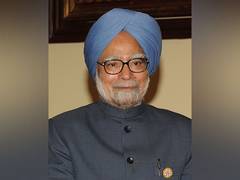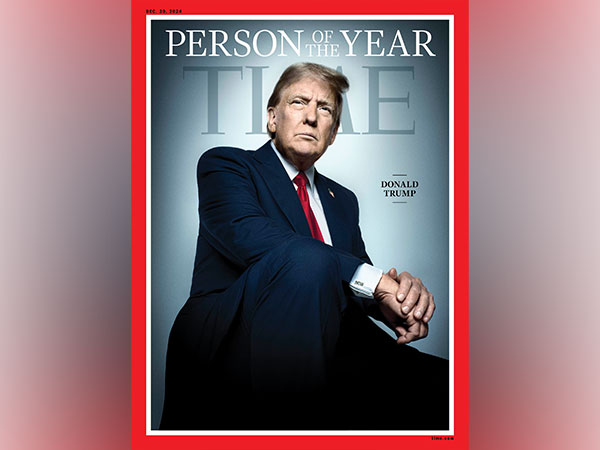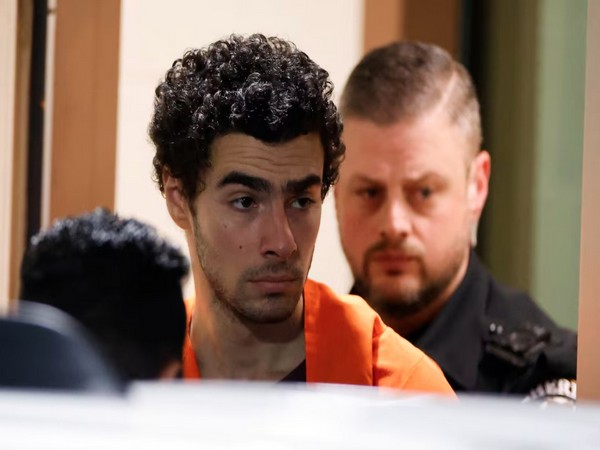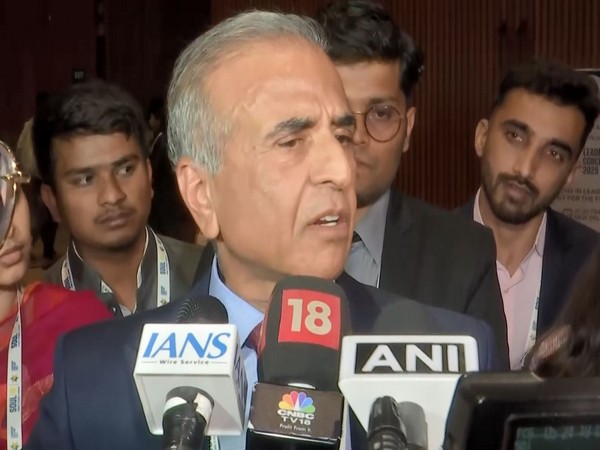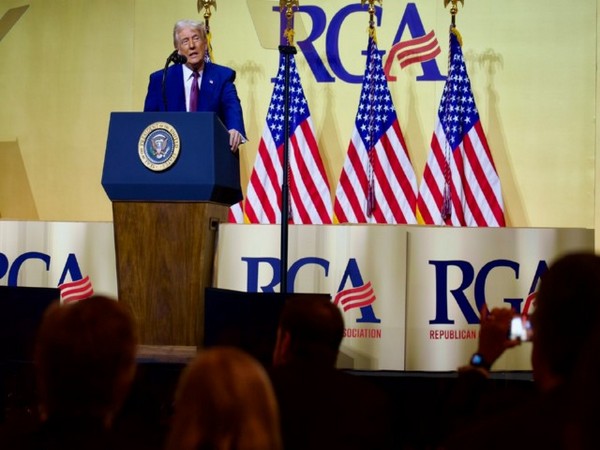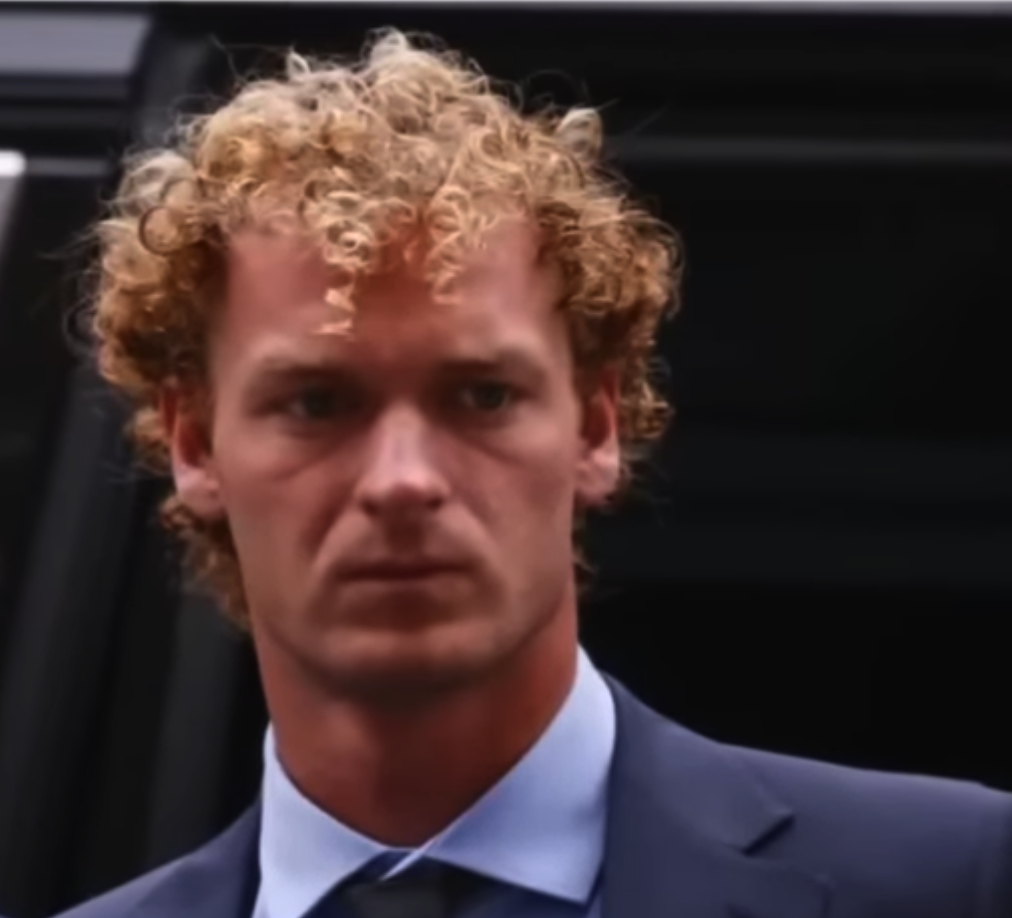
A New York jury has fully acquitted Daniel Penny of all charges in connection with the subway chokehold death of Jordan Neely. The trial, which initially included a second-degree murder charge, concluded with Penny being found not guilty of involuntary manslaughter and criminally negligent homicide. The murder charge had already been dismissed by the judge after the jury was unable to reach a consensus.
Penny, a Long Island native and Marine Corps veteran, expressed relief and gratitude after the verdict, celebrating with his legal team. His freedom was at stake after being accused of causing Neely’s death during an incident on the New York City subway that sparked national debate.
The Incident
Jordan Neely, a 30-year-old homeless Black man with schizophrenia, had a history of arrests—42 in seven years—and was known for aggressive behavior on the subway. On the day of the incident, Neely allegedly terrorized passengers, shouting death threats while under the influence of K2, a synthetic marijuana. Neely, who was on the city’s list of top 50 mentally ill individuals in need of intervention, had outstanding warrants for assaulting women on public transit.
Penny intervened to subdue Neely, placing him in a chokehold. Other passengers, including individuals of Black and Hispanic descent, assisted in restraining Neely, reportedly in defense of the safety of everyone on board. Tragically, Neely lost consciousness during the restraint and later died.
The Legal and Political Fallout
Initially, the Manhattan District Attorney’s Office, led by Alvin Bragg, chose not to press charges. However, following public outcry and mounting pressure, Bragg’s office filed charges of second-degree murder and involuntary manslaughter against Penny. Critics of Bragg accuse him of selectively pursuing cases for political reasons while failing to adequately address violent crime in New York City.
The case divided public opinion. Penny was hailed by some as a Good Samaritan who acted to protect fellow passengers, while others viewed the incident as an unnecessary escalation that led to Neely’s death.
The New York City chapter of Black Lives Matter condemned the acquittal, framing it as an instance of racially motivated violence. However, Penny’s supporters pointed out that the passengers he sought to protect were diverse, representing various racial and ethnic backgrounds. They argued that framing the case along racial lines only deepens divisions within society.
Neely’s Family and the Medical Examiner’s Findings
Jordan Neely’s family has expressed grief and called for justice. His uncle, Christopher Neely, emphasized the family’s loss and cited the medical examiner’s conclusion that Neely’s death was caused by asphyxiation. However, controversy surrounds the findings.
Dr. Cynthia Harris, the medical examiner who performed Neely’s autopsy, stated that the chokehold was the definitive cause of death, even before receiving Neely’s toxicology report. That report later revealed Neely’s history of K2 abuse and confirmed the presence of the drug in his system at the time of his death. Despite this, Harris insisted that her conclusion would not have changed, even if Neely had been under the influence of a lethal amount of fentanyl. Critics argue that the prosecution’s reliance on this incomplete medical analysis undermined the pursuit of justice.
The Broader Implications
This case highlights tensions surrounding public safety, mental health, and the role of law enforcement and citizens in responding to threats. Advocates for Penny contend that he stepped in where the system failed, as Neely had been neglected despite his known struggles with mental illness and repeated encounters with the justice system.
Meanwhile, the case has reignited debates over prosecutorial priorities and fairness. Critics argue that focusing resources on prosecuting individuals like Penny while neglecting more pressing criminal cases damages public trust in the justice system.
As the dust settles, the questions linger: How can society address the root causes of incidents like this, and what balance should be struck between self-defense and accountability? These unresolved issues leave the future clouded in uncertainty, demanding thoughtful dialogue and systemic reform
